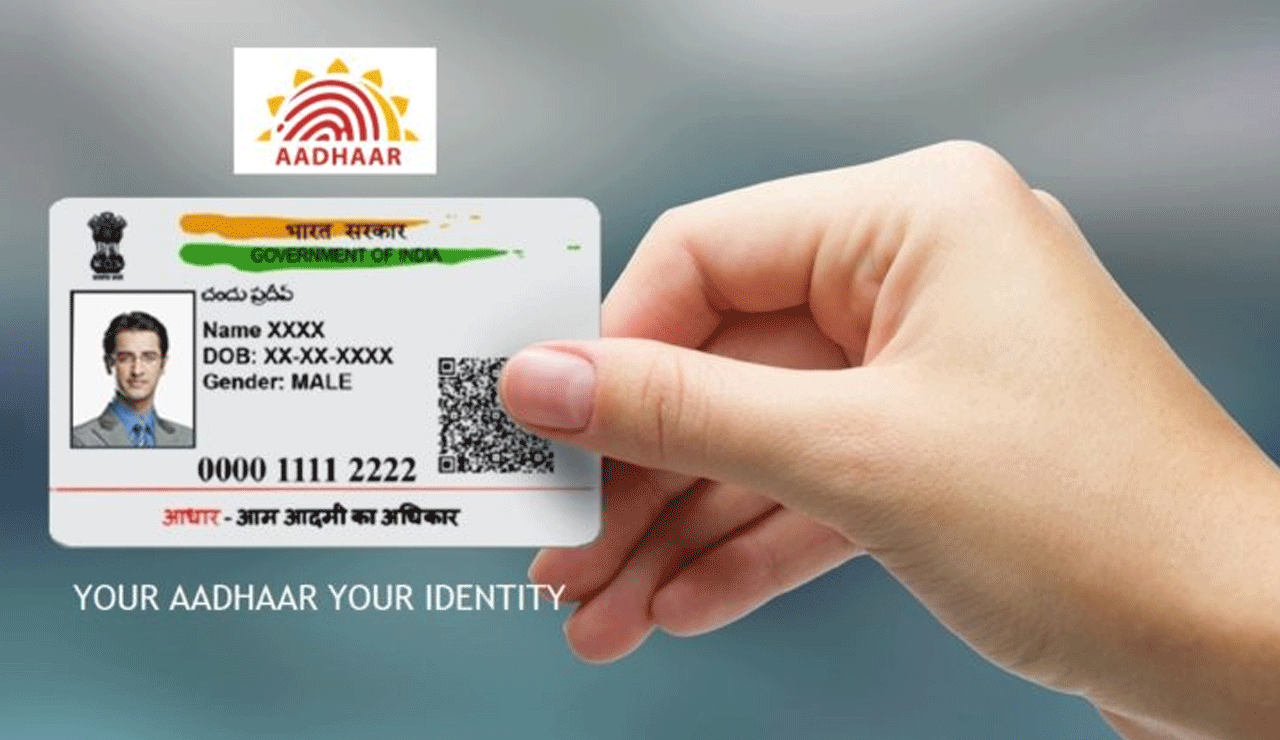Aadhaar Card: What It Is, Where It Is Valid, and Where It Is Not
Aadhaar has become one of the most significant identification documents in India. It is widely used for identity verification, address proof, and access to various government services.

Aadhaar has become one of the most significant identification documents in India. It is widely used for identity verification, address proof, and access to various government services. However, many people are unaware that Aadhaar is not legally valid for all purposes. Here’s everything you need to know about where Aadhaar is accepted and where it is not.
Table of Contents
What Is Aadhaar?
The word ‘Aadhaar’ comes from Sanskrit, meaning “foundation” or “base.” The Aadhaar program was launched in 2009 under the UPA government, with Nandan Nilekani leading the initiative. Every resident of India is issued a 12-digit unique identification number under this scheme, which is managed by the Unique Identification Authority of India (UIDAI).
Also Read: CM Chandrababu releases water to Handri-Neeva canals
The Aadhaar card includes:
- Name and address
- Photograph
- Fingerprints
- Iris scan
As of now, over 1.4 billion Aadhaar cards have been issued, making it the largest biometric ID project in the world.
Objectives of the Aadhaar Program
The Aadhaar initiative was launched with the following goals:
- To provide a unique digital identity to every resident
- To prevent fraud and eliminate fake beneficiaries in government schemes
- To enable Direct Benefit Transfer (DBT) of subsidies
- To enhance transparency and efficiency in governance
- To build a centralized population database
Where Aadhaar Is Accepted as a Valid Document
Aadhaar can be used as proof of identity and address for the following services:
- Opening a bank account
- Obtaining a SIM card
- Availing government subsidies such as ration, pensions, and scholarships
- Linking with PAN card
- COVID-19 vaccination registration
- As a supporting document in most government schemes
Where Aadhaar Is Not Considered Legally Valid
Despite its wide usage, Aadhaar is not a valid proof in the following situations:
1. Proof of Citizenship
Possessing Aadhaar does not establish Indian citizenship. Even foreign nationals who have lived in India for more than 182 days are eligible to apply for Aadhaar.
2. Proof of Income
Aadhaar is not linked to your income details and cannot be used as a document to verify your financial status.
3. Proof of Date of Birth
Although Aadhaar mentions your date of birth, it is not considered a legally valid proof by courts or official recruitment boards.
4. Proof of Caste, Religion, or Marital Status
Aadhaar does not contain any information related to caste, religion, or marital status. For such verifications, separate legal documents are required.
5. For Passport and NRC Registration
Aadhaar is not accepted for citizenship-based documentation such as Passport verification or National Register of Citizens (NRC).
What the Supreme Court and UIDAI Say
In 2018, the Supreme Court of India clarified that Aadhaar can only be used:
- As a proof of identity and address
- Mandatorily for government welfare schemes
However, private organizations such as banks or telecom companies cannot force individuals to provide Aadhaar as a mandatory document.
UIDAI also reaffirmed that Aadhaar is not proof of citizenship.
Key Recommendations for Aadhaar Users
- Use Aadhaar only where legally valid
- For citizenship, income, education, caste, or religion proofs, use appropriate legal documents such as:
- Birth Certificate
- Passport
- Migration Certificate
- Keep Aadhaar details updated to avoid legal complications
- Never pay any fee for Aadhaar services
- Access services only through UIDAI’s official website or authorized Aadhaar Seva Kendras
